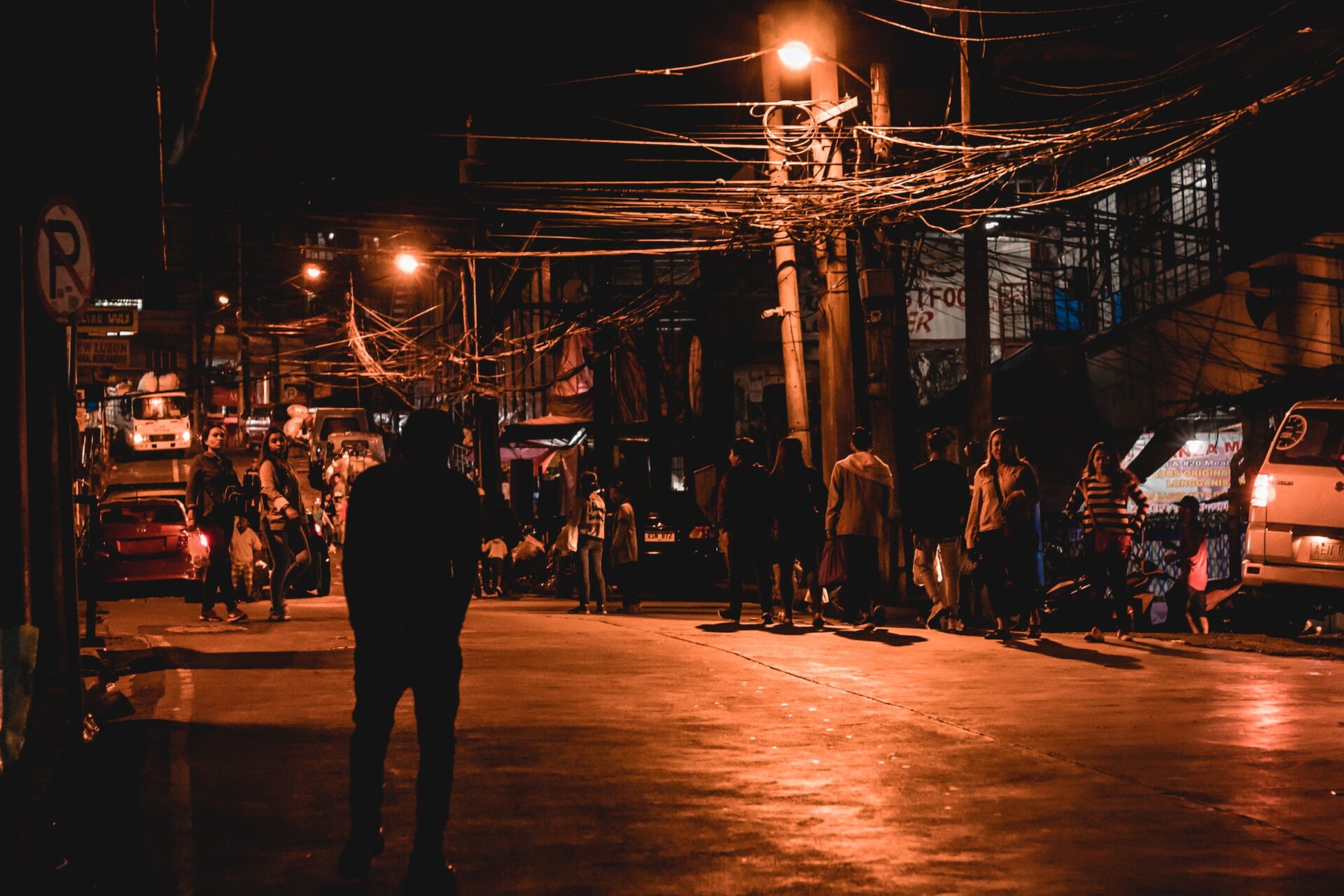As the Philippines hosts its annual military exercise with the United States this month — the largest to date, boasting 12,000 US troops — Secretary of State Antony Blinken and Secretary of Defense Lloyd Austin met in Washington DC with Philippine officials Secretary of Foreign Affairs Enrique Manalo and Secretary of Defense Carlito Galvez Jr. to upgrade and modernize their military bilateral agreement. As the Marcos Jr. regime continues to evade the International Criminal Court (ICC) probe of former President Rodrigo Duterte’s war on drugs, it is high time for the Biden administration to uphold its priorities of human rights and democracy when it comes to the Philippines.
I myself would know because, in August 2019, I survived an assassination attempt by the 54th Infantry Battalion state security forces, or elements of the Armed Forces, of the Philippines for my advocacy work with Indigenous communities in the Cordillera region of the Philippines. I was shot in front of my home in the presence of my daughter and family. The attack has left me scarred, nearly dying from eight cardiac arrests, and now permanently paralyzed without the use of my legs or my hands. After being medically evacuated back to the United States, it horrifies me to think that the bullet fragments still lodged in my body have been funded through American tax dollars.
Until now, there has been no accountability for this brazen attack against an American, sanctioned by the Philippine government in an atmosphere of total disregard for human rights and the lives of its people. Such attacks are not simply human rights violations but are war crimes.
WHAT BEING “RED-TAGGED” MEANS
For over 50 years, a civil war between the New People’s Army (the militant wing of the Communist Party of the Philippines) and the Government of the Philippines has raged on while the country continues to suffer from poverty. In its well-documented attempts to silence dissent, the Philippine government often uses the civil war to vilify activists through the practice of “red-tagging,” which labels progressives and human rights defenders as “communist-terrorist” rebels. This dangerous practice places civilians and non-combatants like me in a vulnerable position of being targeted by the military for arrests without warrant, surveillance, and worse, assassination.
US military assistance is aiding the Philippine government in its war crimes against its own people.
My case is one of many war crimes committed over the past 50 years. My colleagues from the Ifugao Peasant Movement, William Bugatti and Ricardo Mayumi, were among those extrajudicially killed by suspected state security forces. As part of their counterinsurgency program, the Philippine military occupies Indigenous lands and attacks peasant communities, choosing to protect instead big landlords and corporate mining, dams, and plantations. The internationally banned white phosphorus bomb was even dropped on the province of Abra burning the Indigenous people’s communal forest for days and exacerbating the climate crisis. There are also numerous reports of rural villages being aerially bombed and strafed, and other activists tortured, abducted, and murdered, including the murder of National Democratic Front representatives and Peace Consultants, all in blatant violation of international humanitarian law.
WHAT EVASION LOOKS LIKE
The Marcos regime’s evasion of the ICC (along with the Marcos family taxes) is well known, but that is not the only way the Philippine government is evading accountability. Paragraph 4 of the Biden administration-backed Summit for Democracy Declaration acknowledges “the important role played by the ICC as a permanent and impartial tribunal.” While the Philippine government supported the summit, it dissociated itself from this “ICC reference” and hence is refusing to comply with international humanitarian law, which calls for the protection of civilians and accountability for war crimes.
To maintain the Philippines as a close partner in its counter to China and itself as the pre-eminent economic and military power in the region, the United States has made the Philippines the largest recipient of military assistance in Asia Pacific. Since 2015, the United States has delivered more than $1.14 billion worth of planes, armored vehicles, small arms, and other military equipment and training to the Philippines. This month, the two countries announced four new locations for US military sites in the Philippines. On Apr. 10, 2023, the largest ever Balikatan “shoulder to shoulder” exercises — joint exercises — between the US and the Philippine military will commence. In 2020, the US Department of State approved an arms deal for the Philippines to acquire Apache AH 64E helicopters to supposedly prepare against aggression from China. However, these helicopters are meant for ground assault.
While opposing China as an emerging superpower is one of the driving factors for US military aid to the Philippines, the US government has also been brokering deals with the Philippines to supply equipment meant to fight against their own people. In other words, US military assistance is aiding the Philippine government in its war crimes against its own people.
WHAT THE US SHOULD DO
The US government can change its complicity in war crimes in the Philippines through the Philippine Human Rights Act reintroduced by Rep. Susan Wild (D-Pa.), which would cut support for the Philippine military and police until the government investigates and prosecutes police and military forces who engaged in human rights violations, as well as establish much-needed protections for basic human rights in the country. The United States needs to seriously reconsider its military assistance and support and ensure that the Philippine government is held accountable for war crimes committed against its own people.
While the Philippines remains foundational for US strategic interests in the Indo-Pacific in its brewing conflict with China, ignoring the crimes and human rights abuses of a tyrant masquerading as a democratic government in a former colony only encourages similar repressive policies and greatly undermines the US role as the champion of democracy around the world. US support and interests in the Philippines should be with the Filipino people and their aspirations for better government, not holding up one that violates human rights regularly.





















